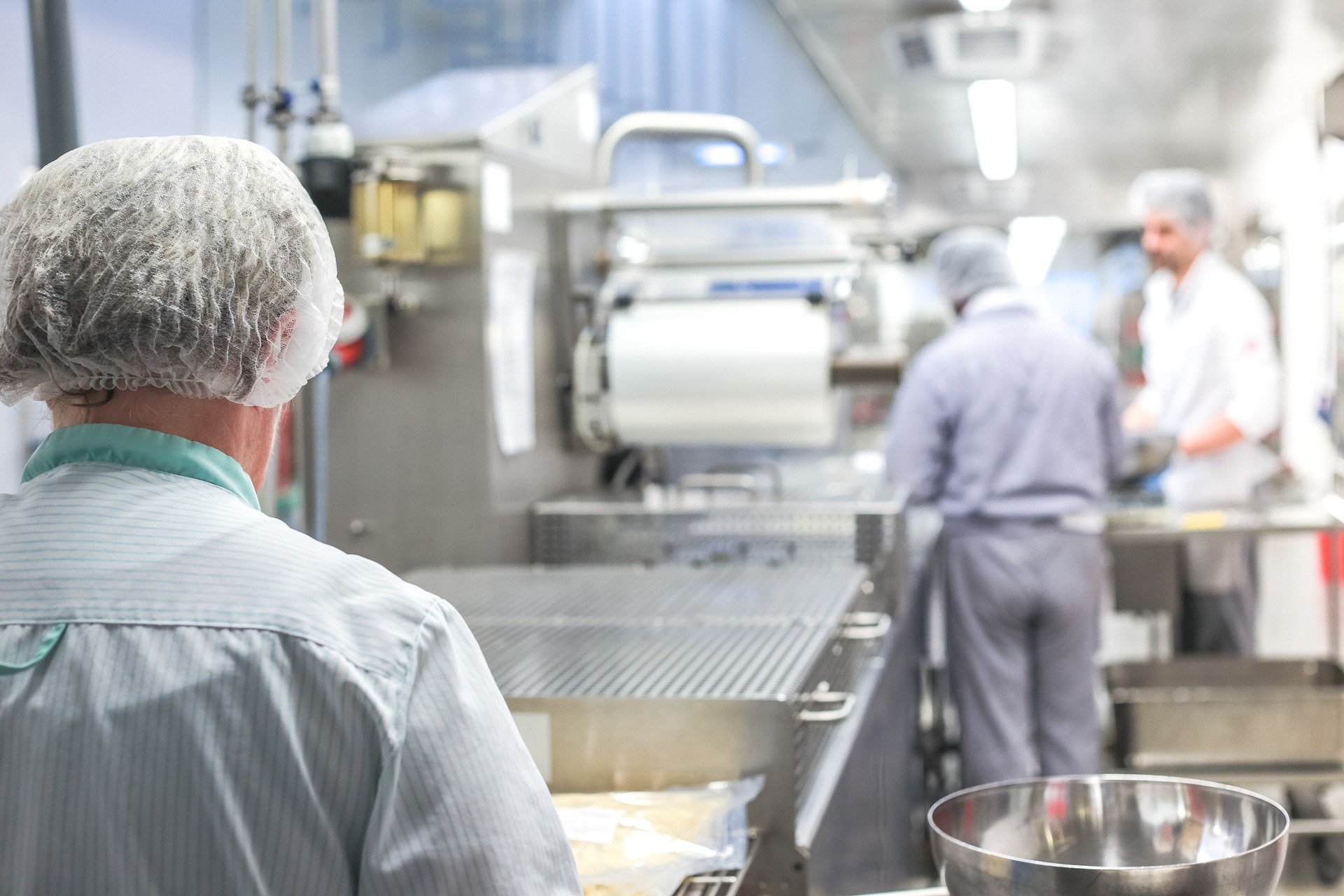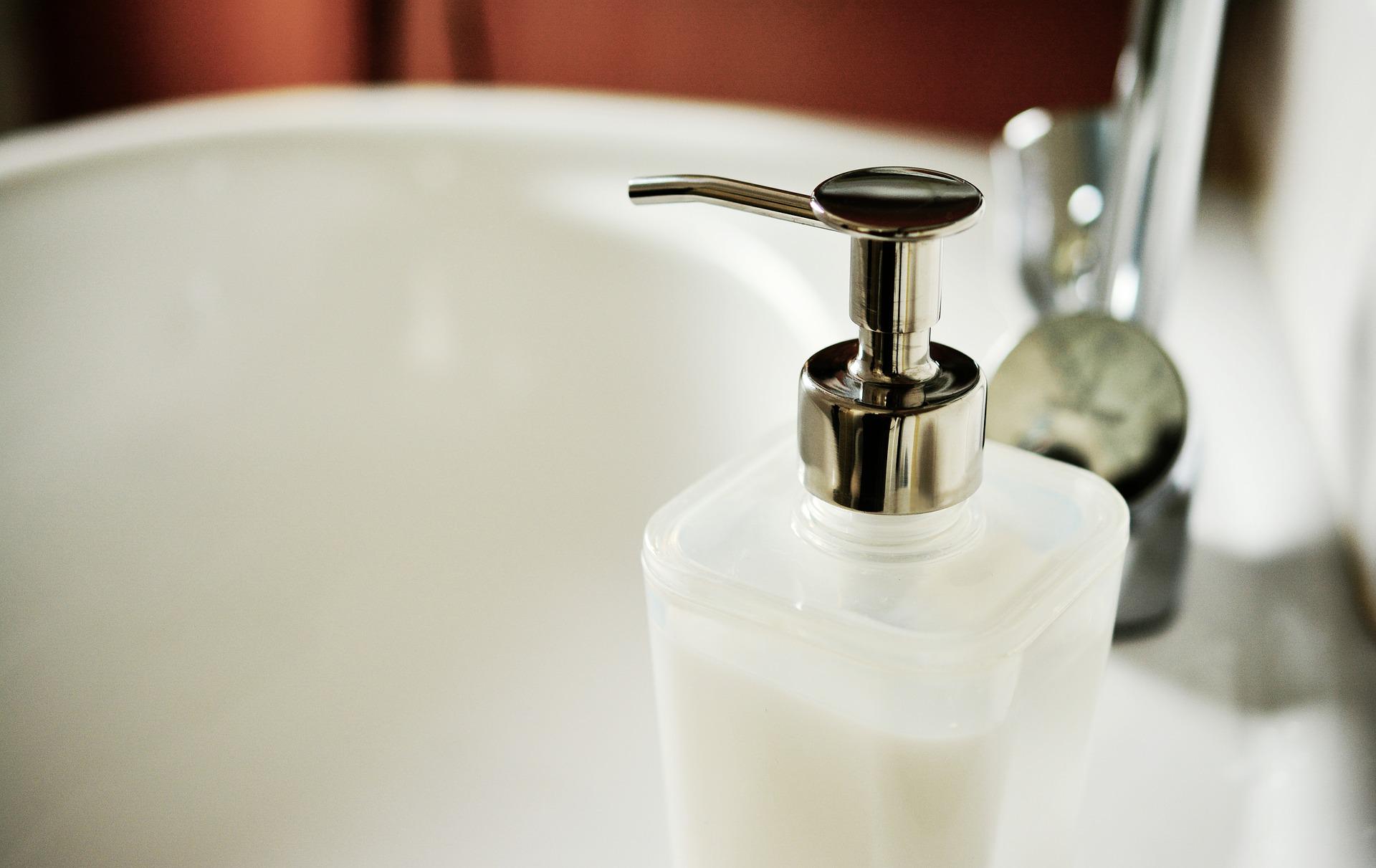INTRODUCTION TO COOKERY

CHAPTER-1-INTRODUCTION TO COOKERY
A.LEVELS OF SKILLS and PROFESSIONALISM
INTRODUCTION
IN French the term “CHEF” means Chief or Head.This term is fixed for the one who is In-Charge of the whole kitchen or a part of the kitchen.This name has to be taken with respect because this title comes with many years of experience of not only cooking food however the chef has to take managerial load of staff and in planning the whole operation of the kitchen.
The skills required of a a person working in kitchen varies according to
1.Job Level
2.Type of establishment
3.Type of food prepared
Because the Director of Hospital Kitchen and the Head Chef of a luxurious hotel will have different skill sets.Similarily food personnel working in coffe shop and those working in BBQ restaurant will require different skill set.Anyhow,we can group skills for a food personnel into three general categories.
1.SUPERVISORY
- Executive Chef
- Head Chef
- Working Chef
- Dietary Director etc.
Skills Required
- Management & Supervisory Skills
- Leadership quality
- Thorough Knowledge of food production
- Organizing & motivating people
- Planning menus & Production Procedure
- Controlling Costs and Managing budgets
- Purchasing food Supplies and Equipment
- Highly experienced cook to
- Schedule production
- Instruct workers & Control quality
- Working with the brigade/people even under extreme pressure
2.SKILLED & TECHNICAL
- Cooks-They are the backbone of the kitchen and they do actual food production.
SKILLS REQUIRED
- Knowledge & Experience in Cooking Techniques at least of dishes made in their own department.
- Able to co-ordinate with other kitchen departments
- Team work
3.ENTRY LEVEL
- No particular skills or experience required
- Works assigned in the beginning-Washing vegetables & preparing salad greens.
- As knowledge & experience is gained more complex tasks are assigned and they eventually become good cooks.
Even after graduating from a hotel management/culinary Institute maximum of the graduates starts at entry level since every food production unit whether of a hotel/restaurant/take aways have their own set of menus,procedures and method of preparing the food and the fresher has to adapt to it.However,the graduates move to upper levels rapidly.

STANDARDS OF PROFESSIONALISM
STANDARDS OF PROFESSIONALISM
1.POSITIVE ATTITUDE
2.STAMINA-STAYING POWER
3.PEOPLE AGILE- ABILITY TO WORK WITH PEOPLE
4.LIFELONG LEARNER-EAGERNESS TO LEARN
5.MULTI SKILLED- A FULL RANGE OF SKILLS
6.EXPERIENCE
7.PERFECTION-DEDICATION TO QUALITY
8.ABOVE AVERAGE UNDERSTANDING OF THE BASICS OF A KITCHEN
9.KEEN BELIEVER IN MAINTENANCE OF HYGIENE
10.ENTREPRENEURSHIP
B.ATTITUDES & BEHAVIOUR IN THE KITCHEN
ATTITUDES IN THE KITCHEN
- Positive Attitude with
- Eagerness to Learn
- Taste & Commitment to preserve Quality of food
- Deep Knowledge of the basics of kitchen
- Rich experience
- Physical & Mental agility with great staying power
- Team work
- Wide range of cooking/technical skills
BEHAVIOUR IN KITCHEN
- Punctuality
- Sanitation & Hygiene
- Politeness & Calmness
- Understanding of safety
- Polite language
- Great Body language
- Wearing neat & proper clothes
- Taking briefing in time
- Keeping the working tables always clean etc.

C.PERSONAL HYGIENE
Most food borne diseases are spread by the unhygienic practices adopted by food handlers.Cross Contamination is the basic reason.When an otherwise safe food is loaded with harmful substances mainly micro-organisms due to coming in contact with unsafe food/surface such as equipments,worktables or hands.Therefore the whole onus of hygiene is on the understanding of personal and surroundings’ hygiene of a food handler.
The first step for a food handler towards the safety of food is to maintain a high degree of personal hygiene.Even a healthy person is laden with bacteria all over his/her body in nose and mouth as well.The following measures should be taken by the food personnel for utmost safety of food.
- Do not go to work if suffering from any communicable disease.
- Wear neat, clean and proper dress.
- Keep your hairs trimmed,neat.Always wera hairnet/showercap.
- Best to be clean shaven,if not then keep your moustache & beards trimmed and neat.
- Bath dialy,twice if possible.
- Wash your hands and exposed part of your arms before and during work,including
- After eating,drinking & smoking.
- After using washroom.
- If you touch anything which may be contaminated with bacteria.
- After coughing and sneezing .
- Keep hands away from eyes,nose,face and arms.
- Do not weat nail paint.
- Keep your nails always trimmed.
- Smoking,eating or chewing anything during handling of food should be completely discouraged.
- Keep cuts and sores covered with bandage.
- Sitting on worktables should not happen.
- Use gloves, tongs, pluckers & other plating & serving gears to keep the hand touch minimal on food.

D.UNIFORMS & PROTECTIVE CLOTHING
E.SAFETY PROCEDURE IN HANDLING EQUIPMENT
- If you do not understand the operation of the equipment ,do not use it.
- Follow the instruction for guards and safety devices as mentioned on the equipment and the literature available along with the equipment.
- The blade of slicing machine should be set at zero with blade closed when not in use.
- Food in a running machine should not be touched or handled to prevent accident.
- Unplug all the equipment once it has been used and before cleaning.
- While plugging in make sure the switch is off .
- If your hands are wet or you are standing on water do not handle any electric equipment.
- Properly fitting clothes should be worn and tucked neatly to avoid accidents with equipments.
- Use equipment for intended purpose only.
- Stack pots and other equipment properly on pot racks so they are stable and not likely to fall.
